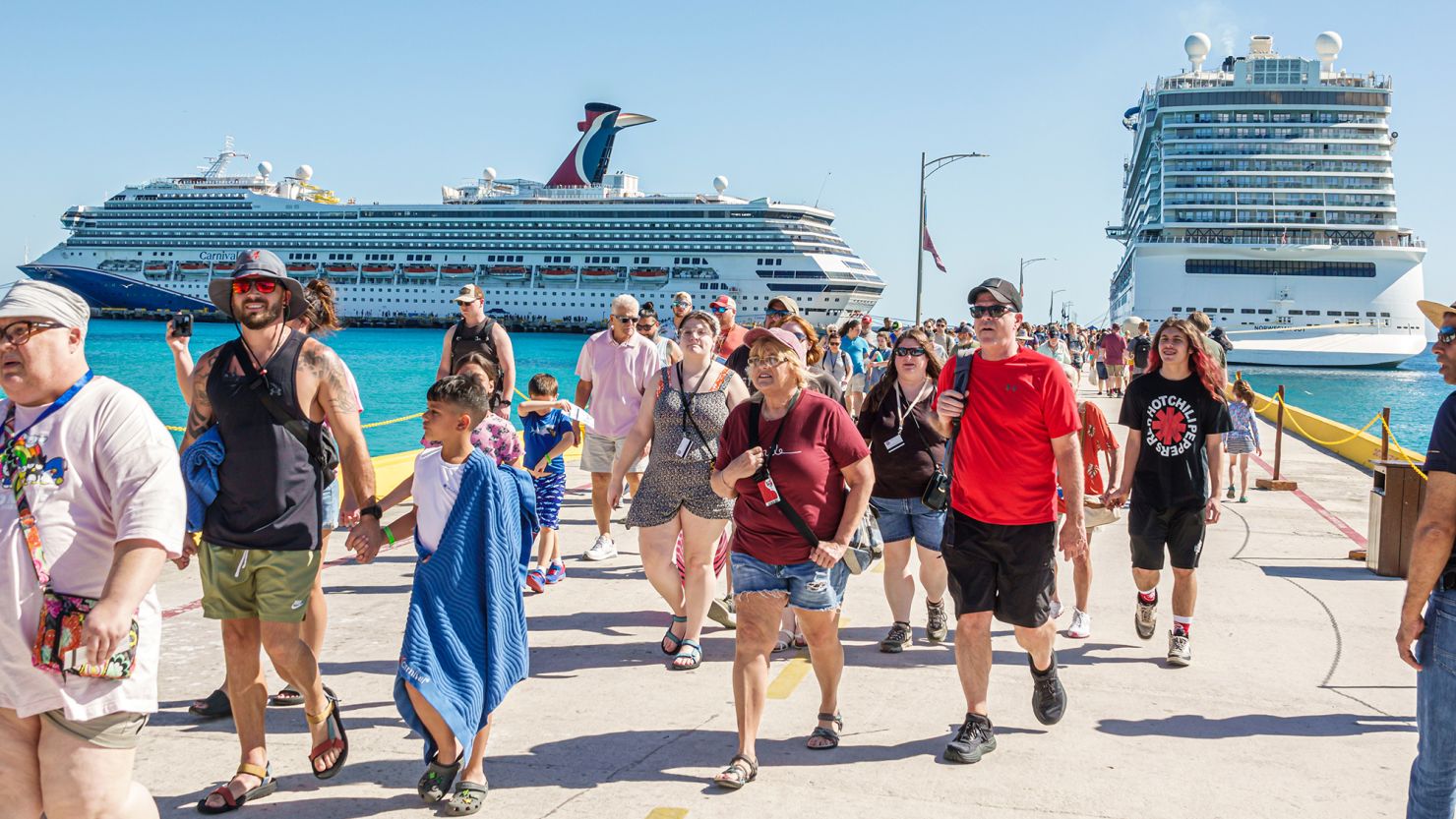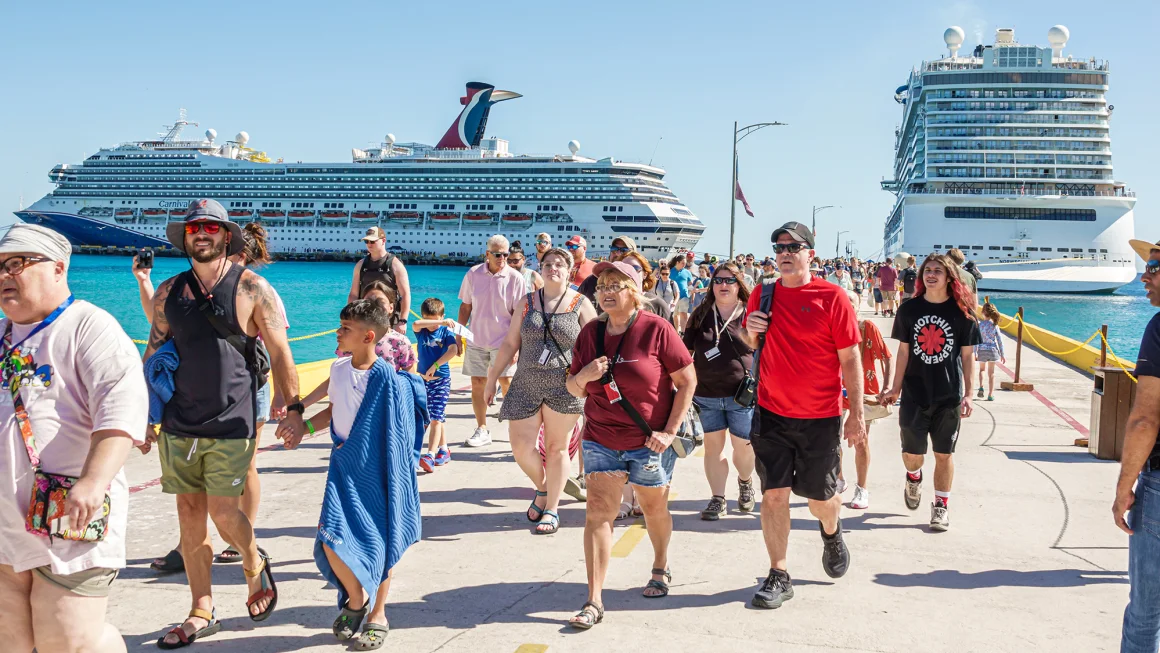
Having fun in the sun south of the border could get a little more expensive next year for visitors who stop in Mexico via cruise ships.
The Mexican government plans to impose a $42 immigration fee for each passenger on a cruise ship that docks in the country.
Passengers would “apparently be charged the $42 fee” whether they disembark or stay on the ship, the Associated Press has previously reported. The new law states that Mexico’s Immigration Institute will issue a “collective visa to every person on the ship’s passenger list.”
And all of this is setting off alarm bells among some tourism groups.
When added to a $5 per passenger fee imposed by local states, it would make Mexican destinations among the most expensive in the world, according to the Mexican Association of Naval Agents (AMANAC).
In a statement, the association urged the government to reconsider its implementation. It warns the Mexican cruise industry would be less competitive with other Caribbean destinations that would be less expensive to visit. Currently, cruise ship passengers are exempt from Mexico’s immigration fees as they’re considered to be “in transit.”
A potentially big impact
The fee, approved by both chambers of the Mexican Congress, earmarks two thirds of the levy to fund the Mexican army.
The new charge is scheduled to go into effect on January 1, leaving little time for tourists to adjust to the new expense.
In it release, AMANAC said “Mexico could lose up to 10 million passengers and more than 3,300 ship calls in 2025” if the fee is implemented.
Mexico President Claudia Sheinbaum defended the fee, insisting it is not a new tax but is only an adjustment to existing charges that she said are tied to inflation. She also said that conversations are ongoing among the agencies affected by the fee.
Further reaction to the fee
Michele Paige, CEO of the Florida-Caribbean Cruise Association, a trade group representing vessels operating in the United States, Latin America and the Caribbean, says that most of the cruises booked for 2025 are already paid for and the companies might be reluctant to take their passengers to places that impose unexpected fees.
“We appreciate President Sheinbaum’s assurance during her Wednesday [December 4] news conference that the change will happen slowly and that she’s instructed federal officials to work with our industry, but we haven’t heard from anyone yet,” said Paige in a news release sent to CNN Travel on Thursday.
Sergio Gonzales Rubiera is not yet alarmed over the new fee. He’s the president of The Travel Agents Association in Cozumel, Mexico’s main cruise destination and one of the most visited ports in the world.
He says that some cruise lines might skip Mexican ports in protest, but he thinks most will include the fee in the price of future trips. What he laments is that the federal government will keep most of the money instead of helping local communities.
Former President Andres Manuel Lopez Obrador expanded the role of the Mexican armed forces that now oversee the construction of many infrastructure projects such as El Tren Maya, a series of new train routes connecting some of southeastern Mexico’s tourist destinations.



